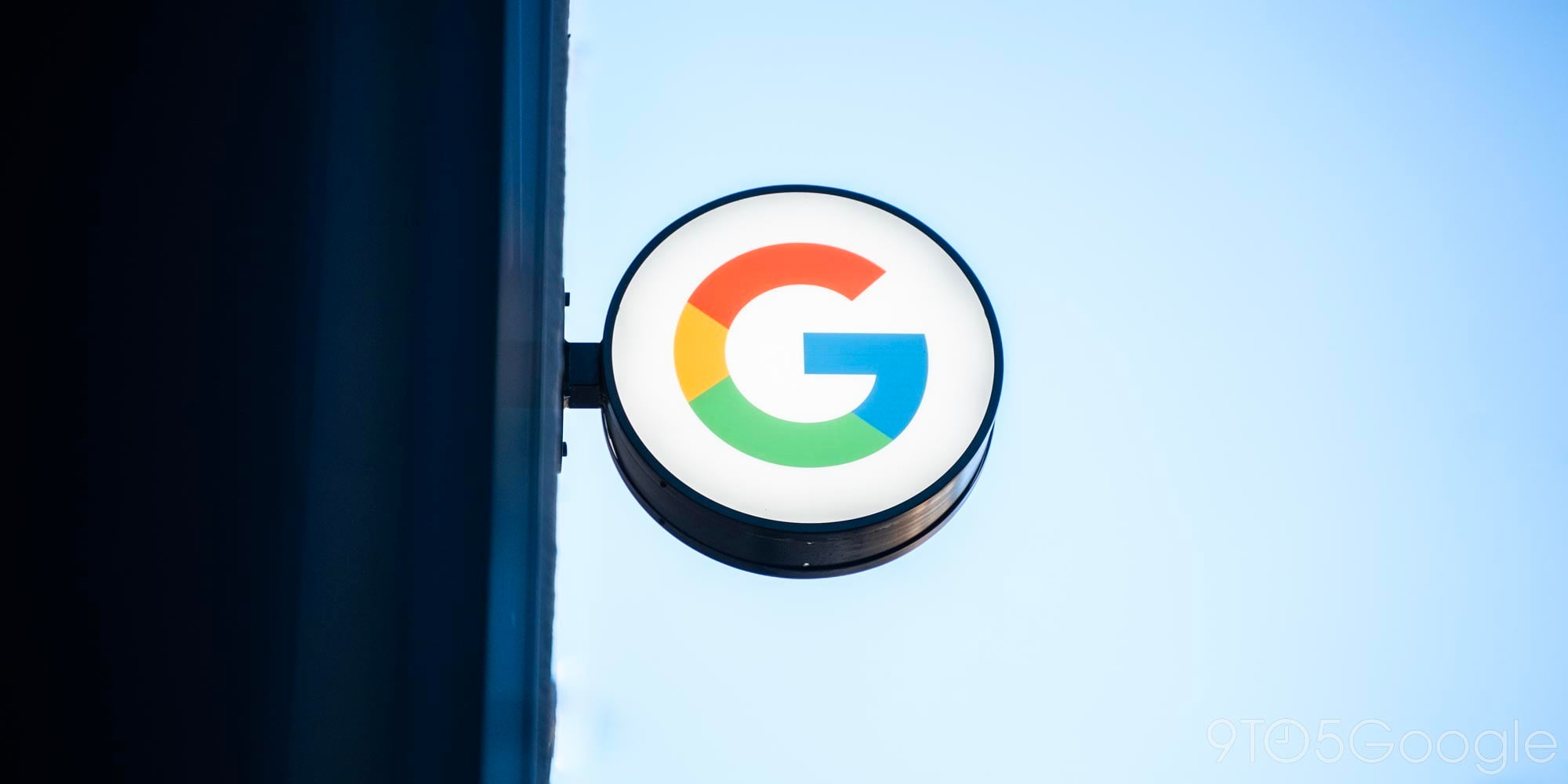

The Electronic Frontier Foundation (EFF) announced this week that it has filed a petition with the U.S. Librarian of Congress and the Copyright Office to extend and expand the exemption that makes rooting an Android device or jailbreaking an iOS device possible without violating the Digital Millenium Copyright Act (DMCA) in the United States.
The EFF has previously fought for and been awarded this exemption for rooting and jailbreaking devices in 2010 and 2012, although it is forced to argue its case every three years due to the process in which DMCA exemptions are considered. This time around, it is hoping to expand the exemption to include both smartphones and tablets.
The non-profit digital rights group argues that consumers should be able to install any software they want on their smartphones and tablets, especially given the security and accessibility advantages that are possible through rooting or jailbreaking a device.
EFF via iDownloadBlog:
“That’s important because jailbreaking (or “rooting,” on Android devices) has real-world implications for users’ ability to use their phones and tablets effectively and securely. It may be a necessary step before installing security updates after a device has stopped being supported by the manufacturer. In other cases, it may help users install accessibility software that allows them to use a device despite disabilities.”
Rooting an Android device allows you to install custom ROMs like CyanogenMod, which can be installed on stock devices in some situations, and offers several other benefits including third-party apps outside of Google Play, faster software updates, the ability to remove bloatware and custom skins, enhanced customization and more.
Keep in mind that rooting Android could cause certain unforeseen problems and security issues, while the process of modifying your device may void your warranty through the manufacturer or carrier.
FTC: We use income earning auto affiliate links. More.




Comments